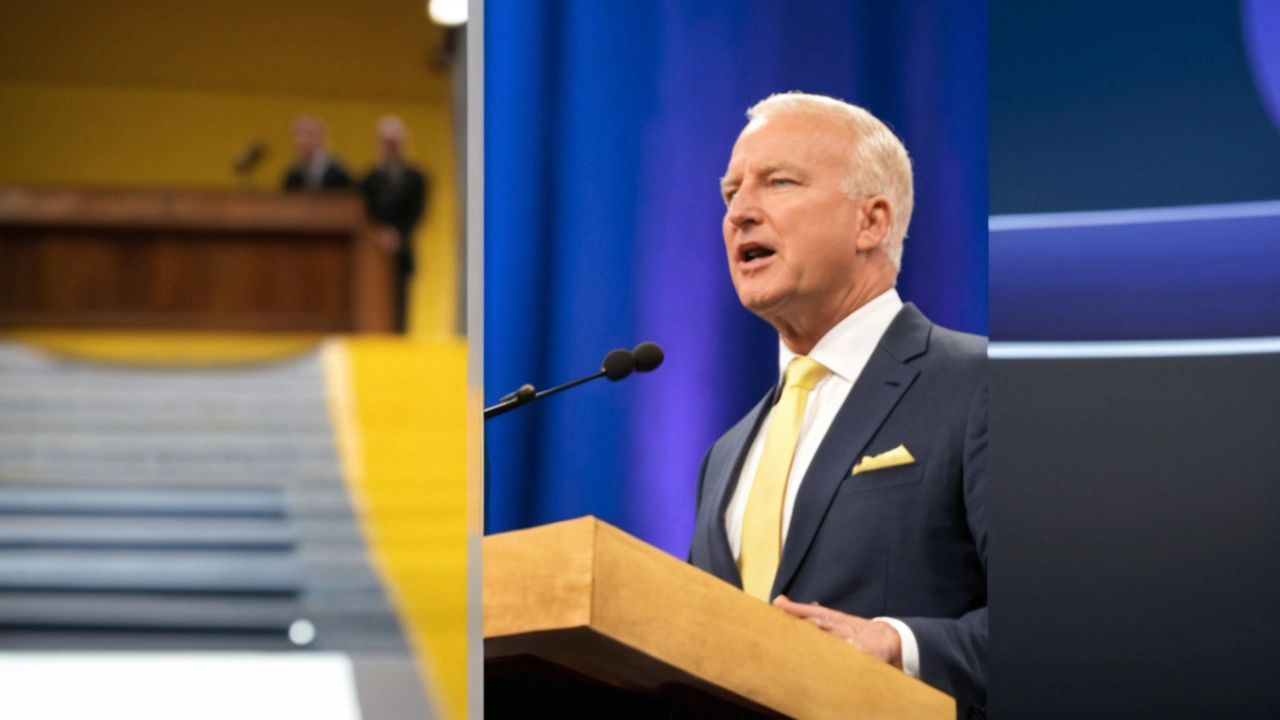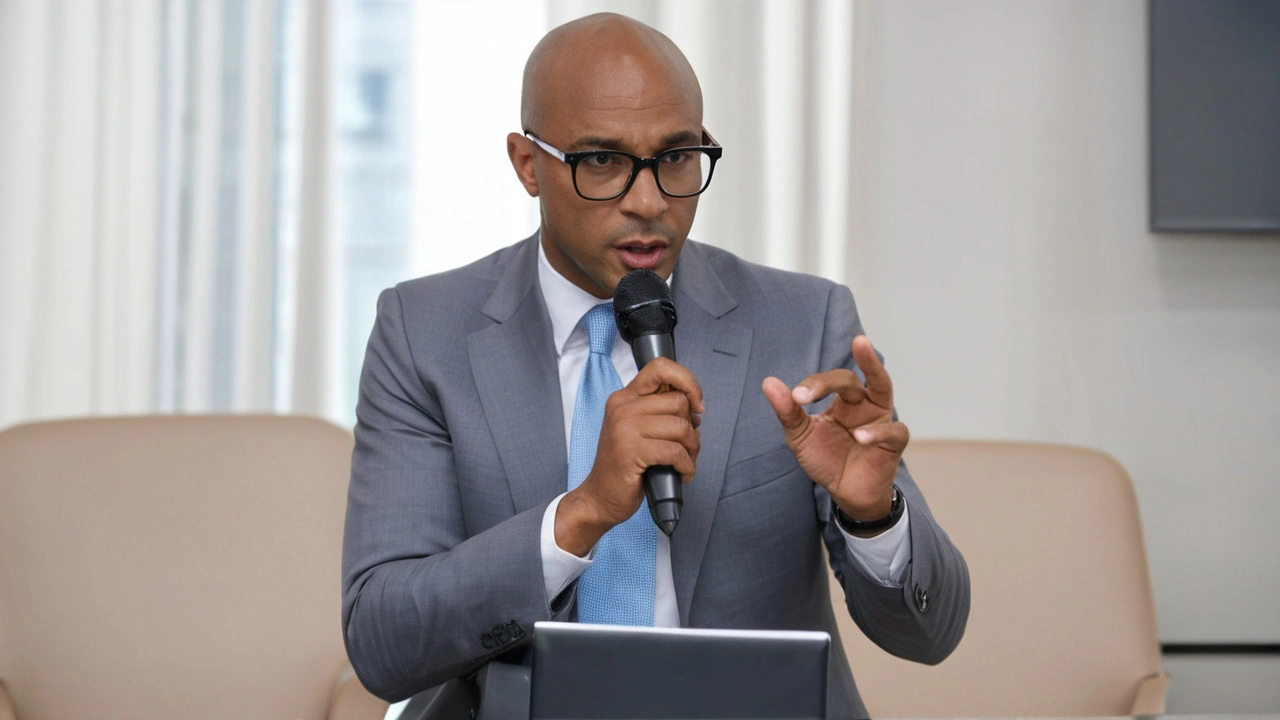Kenya Demands Transparency from Ford Foundation Over Funding Allegations
The Kenyan government has formally requested that the Ford Foundation release a comprehensive list of organizations it supports within the country. This request follows accusations from President William Ruto, who alleges that the foundation played a role in sponsoring recent anti-government protests. These protests were sparked by the proposed Finance Bill 2024, which has since been withdrawn amidst heightened tensions and public opposition.
Allegations and Political Tensions
President Ruto's accusations have sent ripples through the international community and within Kenya's own borders. The claims suggest that the Ford Foundation provided financial support to entities that, in turn, organized and executed protests against the government's proposed legislation. The President's assertions have not only raised questions about the foundation’s role but also highlighted the deeper political rifts within the country.
Addressing the nation, President Ruto emphasized the need for young Kenyans to resist any influence or financial incentives aimed at encouraging violent demonstrations. The President's call to action stressed patriotism and unity, urging the youth to consider the broader implications of participating in such unrest. His message was clear: Kenya should not be destabilized by external forces or non-governmental entities.
Ford Foundation's Response
The Ford Foundation has categorically denied any involvement in funding or supporting the protests. In a statement, the foundation asserted its strict adherence to a non-partisan policy in its grant-making process. According to the foundation, its funds are allocated with the intent of fostering social change, equality, and justice without aligning with any political agenda.
The organization’s denial has done little to quell the urgency of the Kenyan government’s request for transparency. The call for disclosure is not just about the recent protests but also about ensuring that all foreign-funded activities within Kenya are conducted in a manner that is transparent and within the confines of the law.
The Finance Bill 2024 and Public Outcry
The Finance Bill 2024, which was the catalyst for the protests, proposed several contentious measures, including tax hikes and subsidy cuts. These measures were perceived by many Kenyans as unduly burdensome, especially given the nation’s existing economic challenges. Public discontent quickly transformed into organized protests, mobilizing large crowds and making international headlines.
The decision to drop the bill came after intense public pressure and the realization that enforcing such measures could lead to even greater unrest. While the retraction of the bill has temporarily eased tensions, the allegations against the Ford Foundation have opened a new front in Kenya's ongoing struggle for political and economic stability.
The Importance of Transparency
Transparency in foreign funding is a critical issue for many developing nations, including Kenya. The involvement of international organizations in local affairs often brings both financial support and controversy. Ensuring that such involvement is transparent helps maintain public trust and sovereignty.
Kenya’s request for disclosure from the Ford Foundation can be seen as part of a broader effort to regulate and monitor foreign influence. By understanding which organizations are being financed and to what end, the government aims to prevent any potential misuse of foreign funds that might disrupt national peace and development.
Looking Ahead
As the situation unfolds, it will be important to monitor the dialogue between the Kenyan government and the Ford Foundation. The call for transparency may set a precedent for how international organizations operate within the country. This could lead to more stringent regulations or even reforms in how foreign entities engage with local organizations.
The outcome of this request could also have wider implications for other international donors and foundations operating in Kenya. It underscores the need for robust diplomatic and regulatory frameworks to govern international aid and its utilization. As Kenya navigates this complex issue, the ultimate goal remains clear: to ensure that all activities within its borders, foreign or domestic, contribute positively to the nation’s development and stability.

Conclusion
In conclusion, Kenya's demand for transparency from the Ford Foundation amid allegations of funding anti-government protests highlights the complexities of foreign involvement in local politics. While the Ford Foundation's denial of these claims underscores its commitment to non-partisanship, the situation underscores the delicate balance between international support and national sovereignty. As these events continue to unfold, the importance of openness, dialogue, and regulatory oversight remains crucial in maintaining both national stability and effective international collaboration.
